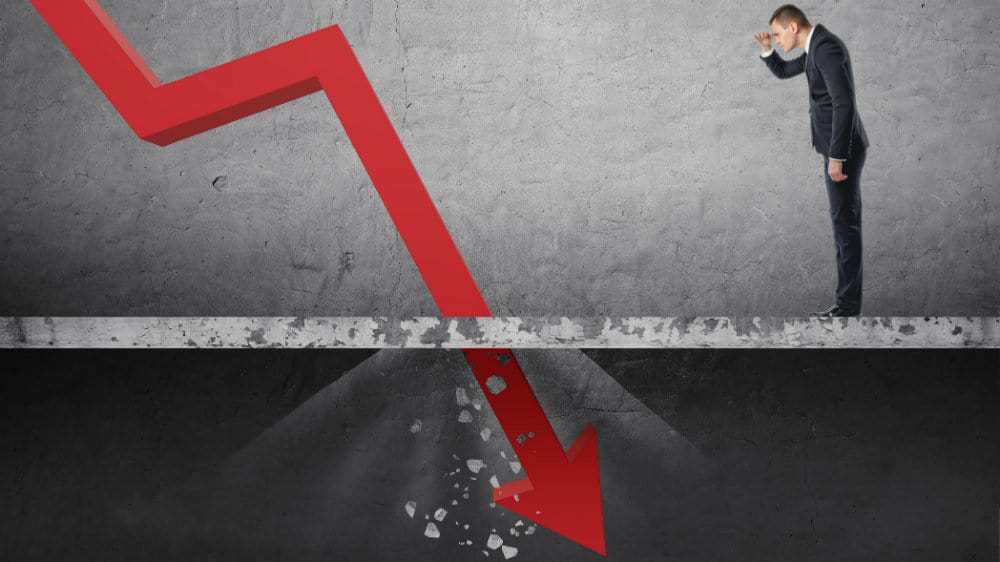New data reveals investors are selling mutual funds and buying exchange-traded funds. This trend is worryingly similar to the way investors behaved during the 2008 financial crash.
So, what does this all mean? Let’s take a closer look.
[top_pitch]
What did the data reveal about investor behaviour?
According to Refinitiv, investors in Europe – including those based in the UK – are ditching mutual funds and buying exchange-traded funds (ETFs). This behaviour was previously seen during the 2008 financial crash. This suggests investors are worried about the direction of world economies.
To take a closer look at what is happening, Refinitiv’s data revealed that investors in Europe withdrew a collective €67.6 billion (£56.8 billion) from mutual funds in February. Meanwhile, the same group added €9.2 billion (£7.7 billion) to ETFs last month.
Interestingly, the data also highlighted that investors typically sold bonds in February. This may be explained by investor fears surrounding rising interest rates due to high rates of global inflation. Usually, when interest rates rise, bond prices fall while yields go higher.
This week, both the UK and US central banks voted to increase their respective base rates. Meanwhile, further rate rises are expected later in the year, especially if the most recent rises don’t put a stop to rising prices.
What’s the difference between mutual funds and ETFs?
Mutual funds can be allocated by fund managers and are typically a collection of assets, such as stocks and bonds, that are combined into a single investment.
ETFs, meanwhile, track the price of an index on the stock exchange. They may also contain investments such as stocks and bonds.
ETFs are seen as more flexible than mutual funds, given that they’re easier to buy and sell. They’re also usually cheaper to hold than mutual funds.
[middle_pitch]
Why are investors repeating behaviour from 2008?
According to Detlef Glow, head of EMEA research at Refinitiv, on the surface, recent investor trends could be considered surprising.
He explains: “Within this market environment and given the economic uncertainties, one would expect that European investors sold long-term funds and bought money market products. Therefore, it is somewhat surprising that European investors sold money market products, which are normally considered safe-haven investments.”
Despite this, the trend of investors selling mutual funds and buying ETFs was witnessed during the 2008 financial crash. It was also seen during the 2011 euro sovereign debt crisis. As a result, it may be that the recent move towards ETFs is influenced by investors seeking more straightforward ways to diversify their portfolios.
Portfolios with greater diversity enable investors to avoid relying on one particular sector. This can be beneficial, especially during uncertain economic times. That’s because if one particular sector or industry takes a hit, other investments in a diverse portfolio may not fall as much. This can help cushion the blow from any sector-specific falls.
What happened during the 2008 financial crash?
The 2008 financial crisis was the most serious financial crash the world had experienced since the Great Depression of the 1930s.
It’s widely accepted that higher global energy prices sparked the crash. That’s because higher prices for energy made it more difficult for homeowners to repay their mortgages. This was especially problematic for those who were sold sub-prime mortgages in the United States.
As a result, many missed mortgage payments. This resulted in falling property prices, which hugely impacted global markets.
To support the economy during the crash, global government stimulus became the norm while central banks across the world slashed interest rates left, right and centre. Now, 14 years on, global interest rates haven’t come close to levels seen prior to the crash. This is one reason why some might suggest world economies still haven’t fully recovered from the turmoil of 2008.







